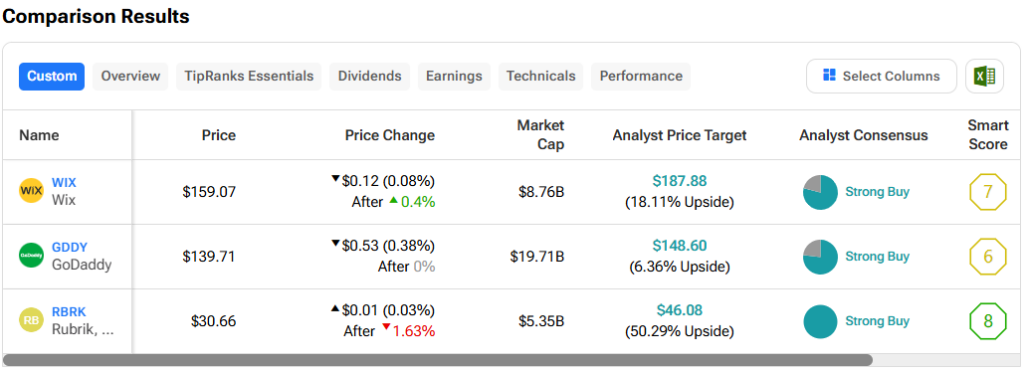Pioneering this change are digital twins, virtual replicas used for system optimisation, and immersive training methods powered by AR and virtual reality. Siemens ASEAN & Vietnam CEO Pham Thai Lai talked with VIRâs Thanh Dat about how the company has been leading this wave of change, and about the emerging trends in the industrial metaverse and their profound implications on industrial future.
| Siemens ASEAN & Vietnam CEO Pham Thai Lai |
Could you demystify the concept of the industrial metaverse?
The industrial metaverse is a sector of the metaverse that focuses on mapping and simulating real-world machines, factories, cities, transportation networks, and other highly complex systems. It enables participants to create fully immersive, interactive, persistent, and synchronous representations and simulations of the real world in real-time.
Existing and emerging technologies such as digital twins, AI and machine learning, extended reality, blockchain, and cloud and edge computing will be the building blocks of the industrial metaverse. These technologies will converge to create a powerful interface between the real and digital worlds, forming something greater than the sum of its parts.
According to our global president and CEO Roland Busch, the industrial metaverse will be a place where we innovate at the speed of software. It will offer enormous potential to transform our economies and industries.
What competitive edge does the industrial metaverse offer to businesses?
The industrial metaverse will revolutionise the way work is done, but it will also unlock significant new value for business and societies. By allowing businesses to model, prototype, and test dozens, hundreds, or millions of design iterations in real time and in an immersive, physics-based environment before committing physical and human resources to a project, industrial metaverse tools will usher in a new era of solving real-world problems digitally.
Embracing the industrial metaverse early and strategically can catapult businesses into a realm of unprecedented opportunities. It paves the way for a new paradigm of value creation, where intangibles like creativity, innovation, and collaborative thinking take centre stage. The seamless integration between the real and virtual worlds offers a more accessible and cost-effective way of working.
Moreover, the resource efficiencies enabled by industrial metaverse solutions can enhance business competitiveness and drive progress towards sustainability and resilience goals.
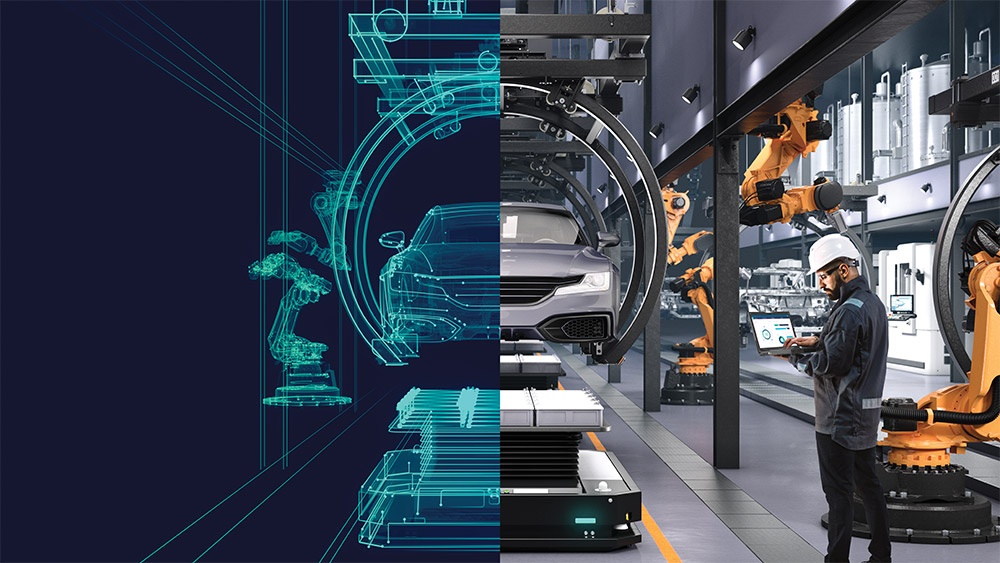 |
| Digital twins are revolutionising the automotive industry |
Can the industrial metaverse be a game-changer in promoting sustainability?
The industrial metaverse can be absolutely a powerful tool in promoting sustainability. It enables companies to utilise resources more efficiently, reduce waste, and develop greener solutions. By employing virtual simulations and digital twins, companies can make sustainable decisions in real time and anticipate environmental impacts even before physical resources are utilised.
According to Accenture, even todayâs digital twins could help save around 7.5 billion gigatonnes of CO2 over a decade. To ensure the sustainability of the industrial metaverse itself, renewable energy, energy efficiency, and transparent carbon accounting are critical, given the high energy demands of the underlying data centres.
What strategic steps should companies take to harness the benefits of the industrial metaverse?
To fully leverage the industrial metaverse, companies need to invest significantly in research, development, technology deployment, and employee education and training. Digitisation strategies should foster openness and collaboration, both within the company and with external partners. Active participation in robust ecosystems is increasingly crucial to unlock the full benefits of the metaverse. Furthermore, itâs essential to prepare and empower employees for the digital world. The synergy of AI and simulation can create better employment opportunities and open up new avenues for innovation and growth.
How does the concept of digital twins contribute to the development and functionality of the industrial metaverse?
Digital twins and the industrial metaverse are closely intertwined. Digital twins serve as the foundation of the industrial metaverse, enhancing decision-making, enabling real-time replication and simulation, promoting interconnectivity and efficiency, and facilitating immersive experiences.
This convergence between digital twins and the metaverse brings significant value to businesses by eliminating the limitations and risks inherent in the physical world, thereby unlocking new opportunities.
Could you share some examples of exciting projects at Siemens that are already leveraging the power of the industrial metaverse, with digital twins at their core?
Siemens has several exciting projects that reaping benefits from the industrial metaverse. For example, Siemens is utilising digital twins to reduce building emissions by 50 per cent, enhance operational efficiency by 35 per cent, and increase human productivity by 20 per cent.
Another example is Siemensâ Digital Native Factory in Nanjing of China. The entire factory was simulated with a digital twin, which optimised the building, and detected and mitigated potential problems at an early stage. Planning errors, both small and big, which in the past would cost a lot of money and a lot of time, were completely avoided. And we continue to use the power of simulation during operations. The true benefit of this digital plant: manufacturing capacity increased by 200 per cent and productivity by 20 per cent.
Notably is the collaboration between Siemens, Nvidia, and AWS. This trio is constructing gigafactories for FREYR Battery in Norway and the US. They are leveraging the industrial metaverse to optimise plant design, operation, and efficiency, thereby increasing the availability of high-performance, affordable electric vehiclesâ batteries and energy storage systems. This collaboration also accelerates the transformation of the automotive industry and power grids.
Last but not least, by utilising remote reality these technologies, industrial workers and engineers can access complex machinery, perform maintenance, or engage in new product development from any location. This capability already exists to some extent today with virtual commissioning, as demonstrated during the pandemic when installations of new solutions were conducted remotely worldwide.
How can policies shape the future of the industrial metaverse?
Policies play a pivotal role in shaping the industrial metaverse. It necessitates substantial investment in basic research and seamless knowledge transfer between universities and companies. Creating a competitive environment for investment is crucial to support digital transformation. This includes implementing competitive tax policies and investing in digital infrastructure, such as 5G and potentially 6G networks. Policies should promote regulations that cater to the needs of the business-to-business sector and allow for the free exchange of data while preventing market dominance through open standards.
In closing, Siemens regards digital twins as a crucial part of the industrial metaverse, offering a platform for experiential learning and problem-solving, simulating real-world systems, and driving transformative changes across various sectors. Through strategic alliances, Siemens is poised to augment the capabilities of the industrial metaverse and propel industrial automation to new heights.
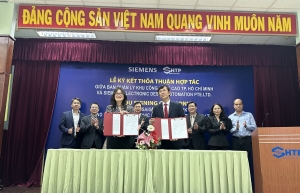 |
Siemens to train human resources for Vietnam’s chip and semiconductor industry
Saigon High-Tech Park (SHTP) and Siemens Electronic Design Automation (Siemens EDA) signed a cooperation agreement on February 27 to train human resources in the semiconductor chip industry in Vietnam. |
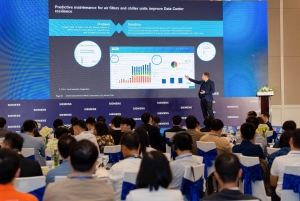 |
Siemens holds first Data Centre Day in Vietnam
Siemens Vietnam on April 9 held Vietnam Data Centre Day in Hanoi, attracting more than 130 delegates including industry experts, thought leaders, technology providers, and government representatives. |
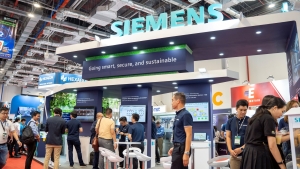 |
Siemens presents sustainable industrial innovations at VIMF 2024
Siemens showcased groundbreaking industrial solutions at the Vietnam Industrial & Manufacturing Fair 2024 (VIMF 2024), held from June 19 to 21 in Binh Duong province. |





